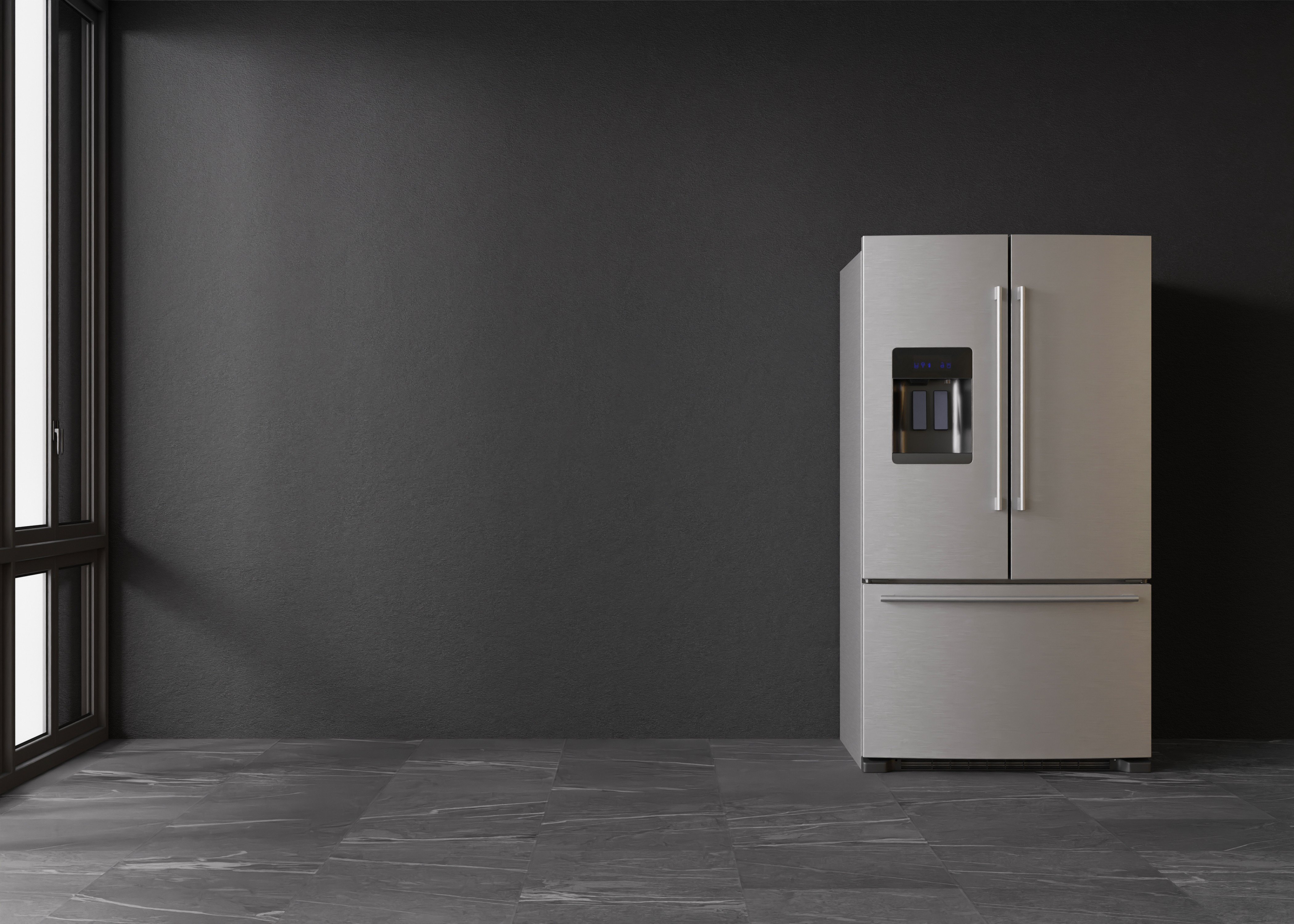The Most Hilarious Complaints We've Seen About Fridge UK
The Comprehensive Guide to Refrigerators in the UK
Fridges are an important appliance in every family, serving a vital function in food preservation and safety. The UK market uses a varied series of fridge types, sizes, features, and brands. Buy Fridges Online intends to offer an in-depth understanding of fridges readily available in the UK, including their features, energy efficiency, and factors to consider when making a purchase.
Kinds Of Refrigerators Available in the UK
When searching for a refrigerator, it is very important to understand the different types readily available. Each type comes with its own set of features and functions, catering to different needs and choices. The most typical kinds of fridges found in the UK include:
1. Top Freezer Refrigerators
- Description: The traditional design, featuring the freezer compartment on top.
- Pros: More budget-friendly, spacious, simple access to fresh food.
- Cons: Limited freezer area, the top may be less practical for bulk items.
2. Bottom Freezer Refrigerators
- Description: Freezer lies at the bottom, permitting simpler access to fresh food.
- Pros: Greater benefit, much better visibility of fresh products.
- Cons: Usually more costly, some might battle with big frozen products.
3. Side-by-Side Refrigerators
- Description: Features 2 vertical compartments, one for the fridge and one for the freezer.
- Pros: Ample storage space, easy to access both frozen and fresh foods.
- Cons: Wider footprint, they might not fit in smaller sized cooking areas.
4. French Door Refrigerators
- Description: Combines functions of bottom freezers and side-by-sides, with 2 doors for the fridge on top.
- Pros: Stylish design, roomy, and frequently consists of innovative functions.
- Cons: Higher cost point, lines up badly with smaller kitchen area layouts.
5. Compact Refrigerators
- Description: Smaller designs designed for limited areas.
- Pros: Ideal for studio apartments or workplaces, energy-efficient.
- Cons: Limited storage capability, may do not have features.
6. Integrated Refrigerators
- Description: Designed to mix effortlessly with kitchen area cabinetry.
- Pros: Custom fit, aesthetic appeal, increases home worth.
- Cons: Higher cost, may offer less versatility in placement.
7. Smart Refrigerators
- Description: Equipped with Wi-Fi and clever technology functions.
- Pros: Advanced includes like touch screens and internal cams.
- Cons: Expensive, more intricate to fix.
Refrigerator Type
Accessibility
Average Price Range
Energy Efficiency
Top Freezer
Moderate
₤ 300 – ₤ 600
Typical
Bottom Freezer
High
₤ 400 – ₤ 800
Above Average
Side-by-Side
Easy
₤ 800 – ₤ 1500
Varies
French Door
High
₤ 800 – ₤ 2000
High
Compact
Restricted
₤ 200 – ₤ 500
Typical
Integrated
Custom
₤ 1000 – ₤ 2500
High
Smart
Variable
₤ 1200+
High
Secret Features to Consider
- Energy Efficiency: Look for designs that are energy-efficient. In the UK, devices are ranked from A (most effective) to G (least effective). An A+ ranking and above can result in significant energy cost savings.
- Capability: Choose a fridge with enough capacity for your household. A standard guideline is 100-200 liters per individual.
- Noise Level: Consider models that run silently, specifically if the kitchen area is near living spaces.
- Cooling Technology: Features like frost-free technology deserve the financial investment, as they reduce maintenance.
- Adjustable Shelves: Having adjustable racks improves the flexibility to save bigger products.
- Temperature level Control: Check for easy-to-use temperature level controls and zones for different types of food.
- Design: Choose the style and color that matches your cooking area visual, whether you choose a contemporary stainless-steel appearance or a traditional retro surface.
Buying Tips
- Identify Your Needs: Consider your cooking practices, household size, and kitchen area area.
- Set a Budget: Refrigerators come in different price ranges. Establish a spending plan before you begin going shopping.
- Research Study Energy Ratings: Invest in energy-efficient designs to minimize energy expenses.
- Check out Reviews: User experiences can offer insights into dependability and efficiency.
- Compare Brands: Some brand names are known for their durability while others may provide more innovative features.
Often Asked Questions (FAQs)
1. For how long do fridges normally last?
- Refrigerators usually last between 10 to 20 years, depending upon the brand and how well they are preserved.
2. Exist any upkeep pointers for lengthening the life of a refrigerator?
- Regularly tidy the coils, check the door seals, and periodically defrost if required to preserve optimum efficiency.
3. What is the best size refrigerator for a household of four?
- For a family of four, a refrigerator with a capacity of around 400-600 liters is usually enough.
4. Do I require to stress about energy consumption when purchasing a refrigerator?
- Yes, energy intake is necessary. Search for systems with high energy effectiveness scores to reduce monthly expenses.
5. Should I choose a fridge with a water and ice dispenser?
- This function can be practical, specifically for households. Nevertheless, it might need more upkeep than standard models.
Getting a refrigerator is a substantial decision for any home in the UK. With different types readily available, each with its special features and benefits, it is important to assess individual needs before choosing. By considering factors such as energy performance, capacity, and style visual appeals, consumers can select a fridge that lines up well with their way of life, eventually improving their kitchen experience while protecting food quality and freshness.
